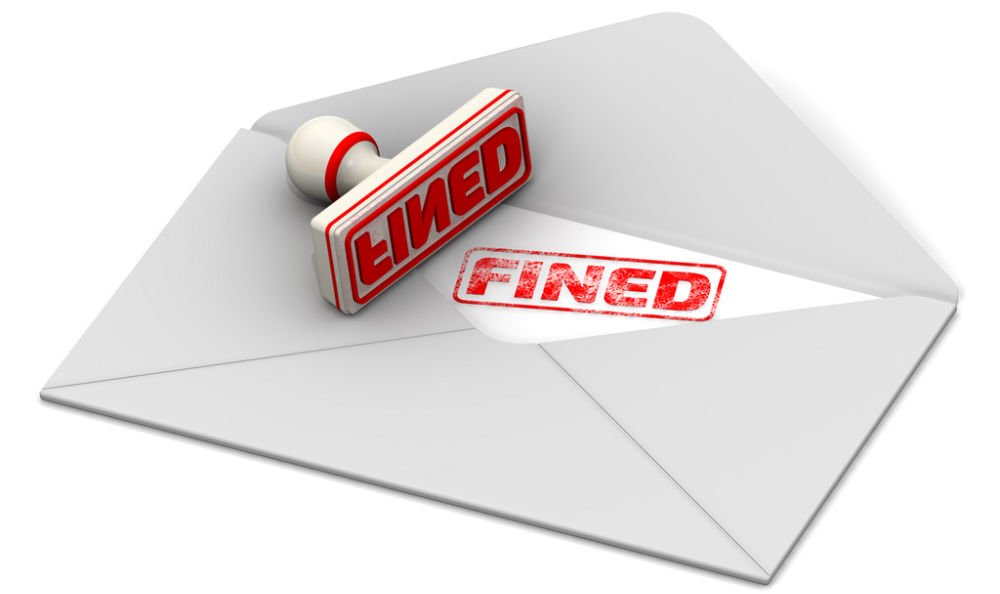November 16th
Every retailer experiences drop in sales once in a while. This is inevitable and must happen one time or another regardless of what you sell. It might be due to causes beyond your control such as seasonal sales slump, adverse policies or reduction in foot traffic due to projects around your location. Whatever the reasons are, here are some great ideas in no particular order that you can adopt to help your sales pick up again.
Know your products
How does product knowledge help improve sales?
Large chains and departmental stores have the advantage of discounts, promos and price slashes that attracts customers and keep them coming. Your small retail outlet might not have that type of advantage, but to compete with the big fish and get a part of the market, you need to know a lot about the products you sell. Customers are impressed when you are able to succinctly explain to them why going for product A is better that going for product B. As a retail store operator, you should be able to tell the differences in the pros of your products and how your customers can get optimum satisfaction from them.
A good first impression
How do you expertly attend to a customer who just stepped in?
It is impossible to get another chance to make a good first impression. This means, you must be on your game from the get go. Once a customer walks into your store, he/ she immediately begin to receive a series of signals. And customers interpret these signals to arrive at a first impression about you and your store.
So you had a bad morning. Your customers don’t care. It is a good idea to try and leave your bad mood at home. Everyone has issues and your customers don’t need to share yours.
The moment a customer walks into your store, especially if it is a new customer, you have about 5 seconds to endear yourself and your business to the customer.
So how can you do this?
- Give a real warm welcome: Customers have a knack of knowing when your welcome and smile is false. They might end up buying, but more often than not, a false welcome puts them off.
- Gather information: customers need help to make their buying decisions and you cannot offer this help if you don’t make attempt to engage them and gather information
- Body language matters: Have you ever been in a situation where someone is saying one thing and you feel the person is saying something else. That might be because the speaker’s body language is not in consonance with what they are saying. Body language passes a lot of nuances and suggestions that can either be easily interpreted or misinterpreted.
Examine your pricing
Inasmuch as you are in business to make profit, you cannot make a profit if you don’t sell, and you cannot sell if your customers cannot afford your products.
So how can you balance cost and prices?
When stocking your store, consider the cost of the goods and be sure that your retail store can make some profit at that price. You should place your prices at a point that is profitable and competitive. The customer is only going to buy if the price is right. Sourcing your goods from manufacturers or distributers will help you get them at lower prices so you can in turn peg at a reasonable price.
Arrange your store to encourage sales
Ever wondered why almost every grocery store or supermarkets appear to have the same type of product display system?
“Your store design, layout and product display will either encourage sales or discourage it. Fast moving products should not be hard to find. Some people make the mistake of putting their slow moving products in the ‘eye’ of the customer thinking this will boost the sale of that product. They are only making shopping difficult for their customers.” Hook and Panel Supplier Slatwall Accessories
Your store front should be the advertising center of your entire business. Strategically position novelty products here, even passersby would stop to find out what it is about.
Applying good selling techniques can be the defining factor in the success or failure of your retail store. Play around with these ideas and watch for changes. If you know a competitor that is doing well, a subtle observation trip is not out of place. You might learn a thing or two and find out where you are making a mistake.
 The Consumer Voice Real Reviews, eCommerce News and FREE Customer Advice
The Consumer Voice Real Reviews, eCommerce News and FREE Customer Advice






